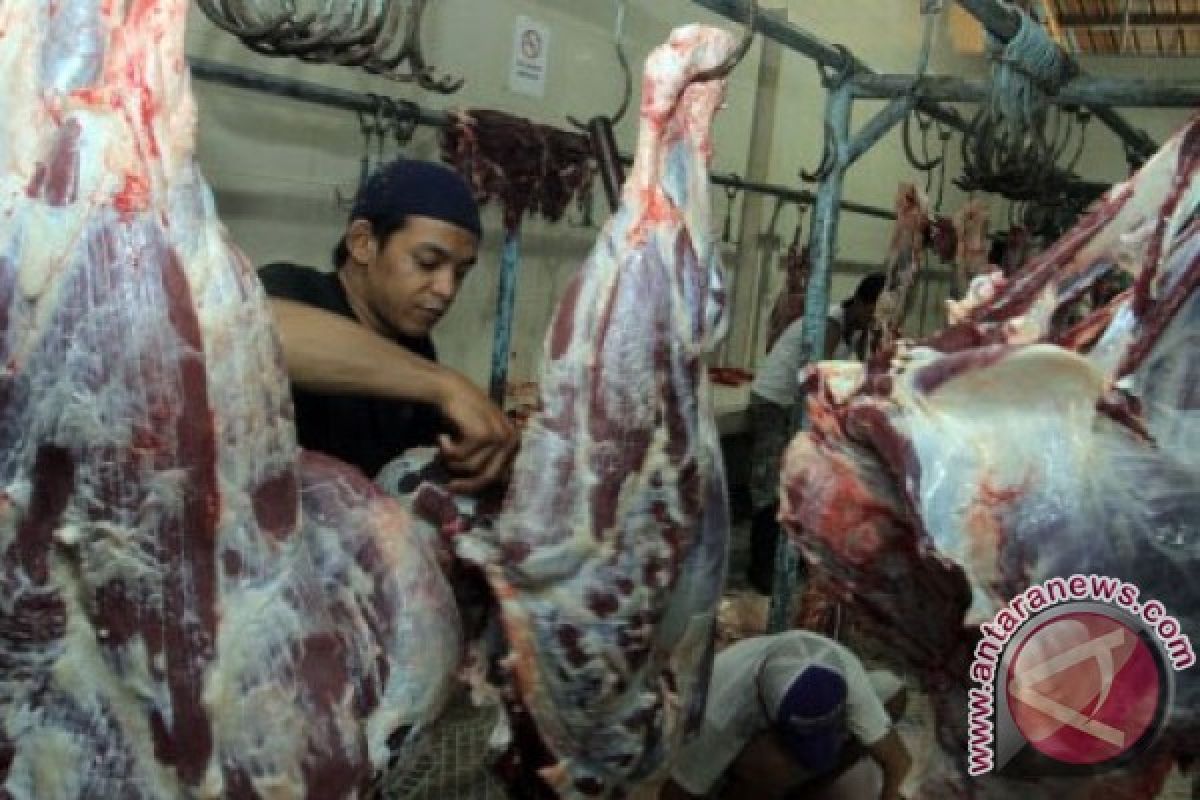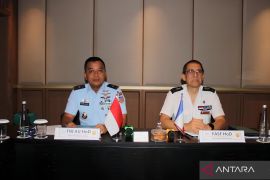Director General for Animal Husbandry and Health Syukur Iwantoro said here on Sunday that the government had also revitalize abattoirs last year but it was focused on improvement of the slaughter houses, giving less attention to the hygienic matter in the production.
"With the revitalization program this year the abattoirs are expected to become modern, clean and hygienic slaughter houses," the director general said.
Sukur said that the slaughter houses which would be revitalized were located in Banyumulek, Bima and Sumbawa, West Nusa Tenggara, Malang and Jember in East Java and in Central Java.
On the investment value of the revitalization program, the director general said it would depend on the conditions of the abattoirs. The one in Banyumulek, for example, will get allocation of Rp2 billion while that in Jember Rp8 billion.
Thus, the funds for slaughter house revitalization range at between Rp2 billion and Rp8 billion, Syukur said.
He said that with the revitalization, meat distributed to consumer regions was expected to be dispatched in the form of boxed meat. It would no longer be in the form of fresh meat.
With a form of boxed meat, the added value of the meat production centers is expected to increase, he said.
On the daily capacity of the slaughter house, the director general said that Banyumulek abattoir had the capacity of slaughtering 20 head of cows or about 200 meat boxes.
The Banyumulek production has been distributed to Jakarta while that of the Jember has been distributed to PT Newmont which previously imported meat from Australia.
The slaughter house in Jember will be revitalized because the district has the second biggest cow population in the country after the Sumenep district.
On the sources of the revitalization funds, the director general said the funds would come from the central government budget through the ministry of agriculture while the management of the slaughter houses would be done by the regional governments.
Two years ago, the Australian government decided to suspend its young cattle export to Indonesia for six months because it alleged that a number of Indonesian slaughter houses did not abide by the animal welfare standards.
A footage aired on ABC1`s Four Corners showed the animals were kicked, thrashed and beaten, their throats were hacked at, eyes gouged and tails were broken.
Some quarters in Indonesia considered the allegation as a trick to boost Australian meat exports to Indonesia.
Editor: Aditia Maruli Radja
Copyright © ANTARA 2013











